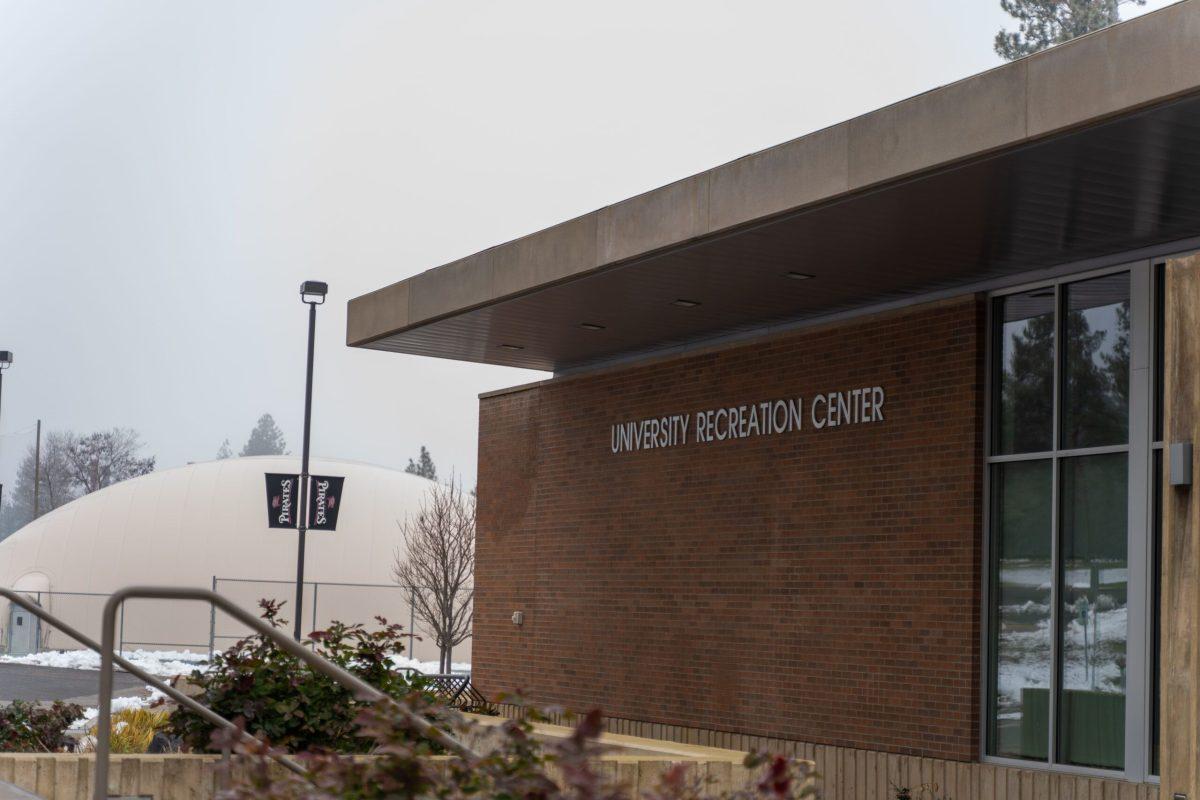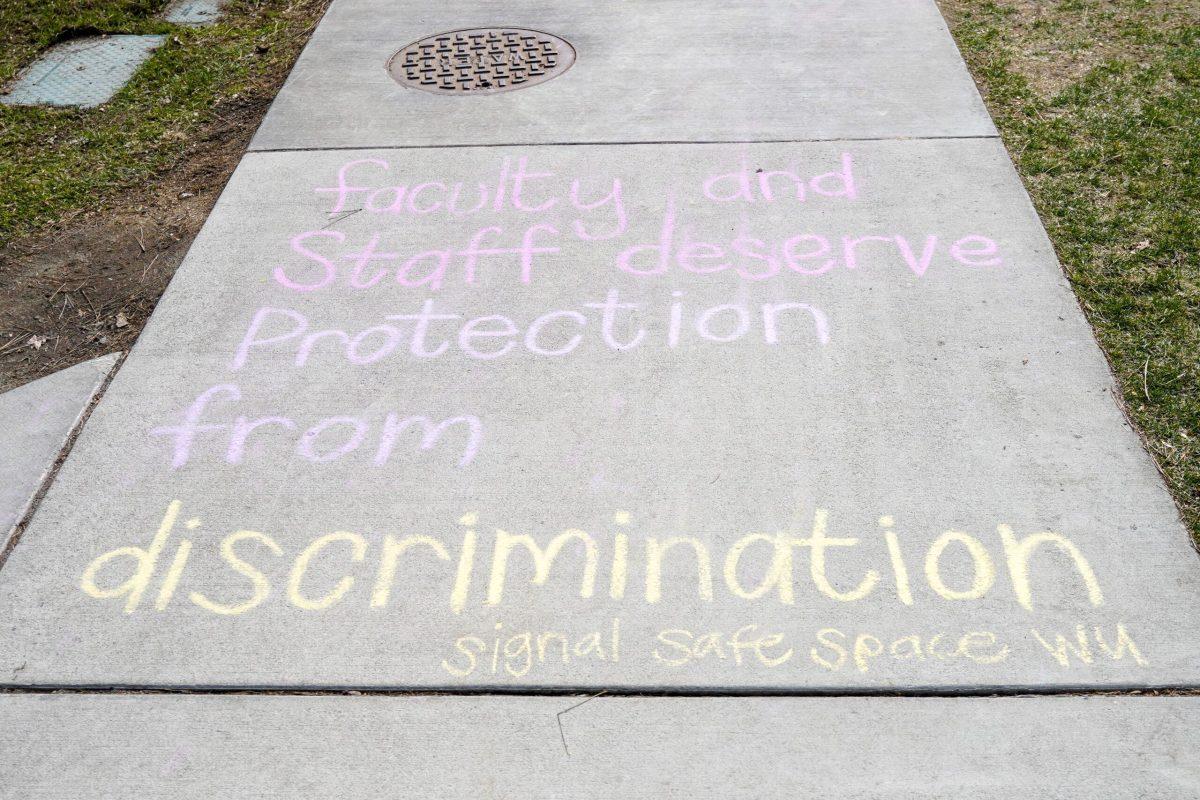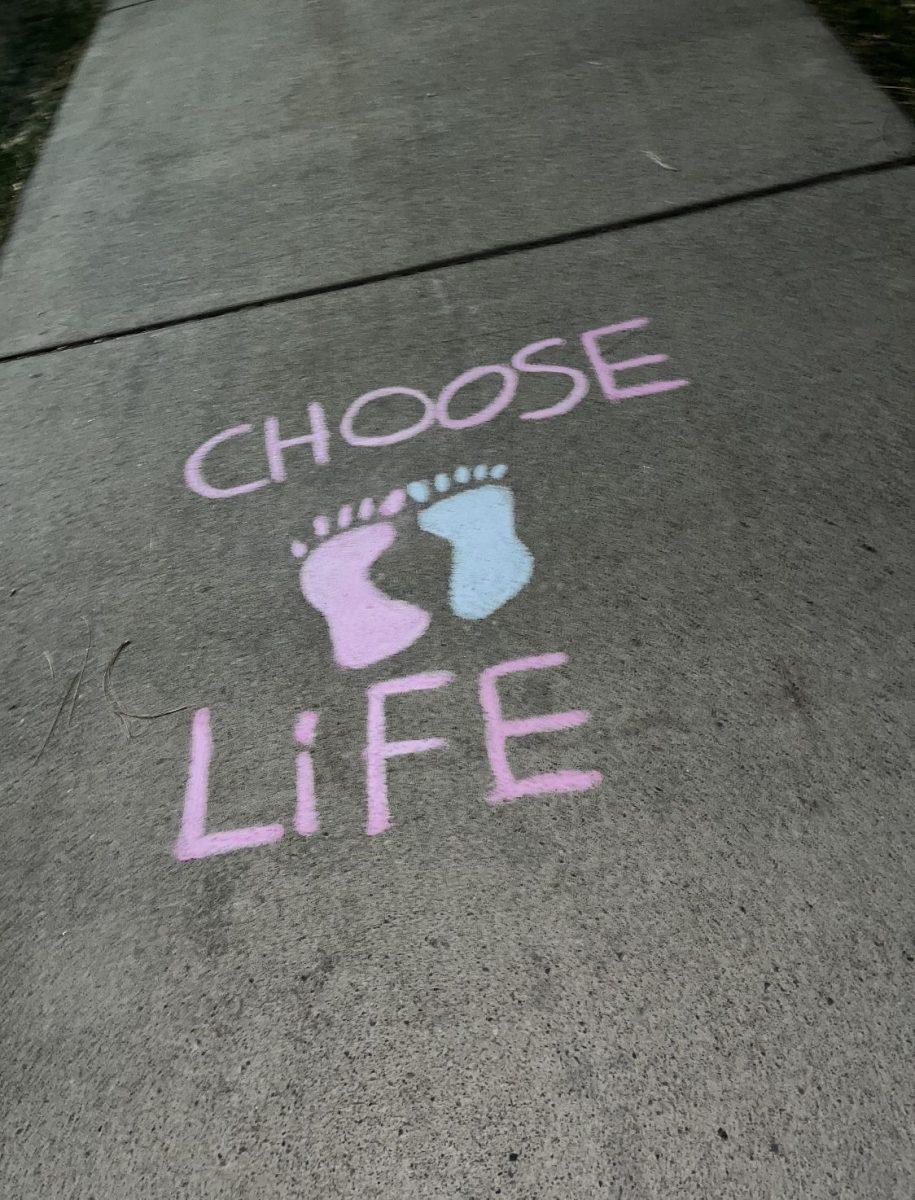By: Candice Stilwell
It is no secret that college is an expensive endeavor for most college students. Especially at a private Christian college like Whitworth University. Between meal plans, room and board, not to mention textbooks, it can be tens of thousands of dollars for just one semester. And for many students that is a very daunting problem to overcome.
The solution: getting a job. However, this poses a unique problem for international students who attend school here. The visa they have to attend school doesn’t allow them to legally gain off-campus employment. But the only places they can get a job are not giving them any priority over other students during the hiring process. That is a major barrier when trying to attend, and afford to live at, a private school in a foreign country.
Whitworth estimates that the total expenditures of an international student living on campus (including tuition, mandatory fees, Jan term fees, and room/board) add up to $62,090. You’ll notice that it doesn’t include any specific class fees or any estimated cost for textbooks, or personal needs like groceries, hygiene products, or travel expenses to and from our campus. These extra costs add approximately $1,500 to the original cost, bringing the total cost up to $63,590.
It’s also very difficult to consider the exchange rate for the various currencies these students have in their home countries, all 43 of them. Not to mention how attainable that amount of money may or may not be for each individual due to extraneous factors like home life or economic standing. So, let’s just play it safe and assume that most international students, most students in general really, would greatly benefit from having a job. But they are harder to get for international students than the average US citizen because of one major difference between international and native students.
Rojan Dangol, a second-year student from Nepal, said, “Students who are not international, they get to work wherever they want to, and they can decide their own schedule. So, they have a big advantage over us. International students have less opportunities.”
This brings up a good point, simply by being US citizens, non-international students have an advantage over international students in the employment market.
Aditi Beesani, a senior from India expressed the same sentiment “It’s relatively easier for us to find a job that’s connected with Diversity, Equity and Inclusion on campus than it is any other academic job. But when it comes to being an RA, or CMC or other leadership positions that are not concerned with DEI I think it becomes a little harder to match the expectations. Not that we can’t, but our playing fields are pretty different when it comes to American students.”
International students come from a country with different customs, languages, foods, expectations, morals and so much more. It’s a whole different world for them and they have to learn how to adjust to that. When that isn’t taken into consideration, they have a very hard time thriving here at Whitworth.
Lulu González, an employee for the International Student Center. A part of her job, among many other things, is helping international students navigate the process of getting a job at Whitworth University. International students must learn to navigate Handshake, fill out I9 paperwork and W4s, create a resume and craft a cover letter just like everyone else. Gonzalez is not specifically involved in that part of the process, but she does help them gain a social security number, which is a barrier that only international students face. González walked me through the process, and this is how it works:
International students have to work very hard to get a job in the US. First, they must have a visa in order to come into America and be a student at Whitworth. That visa is provided by the US Embassy in their home country but unfortunately, that visa does not come with a social security number. This is problematic when getting a job in the US because of taxes, specifically the W4 paperwork—it’s necessary to have a social security number to fill out that form. But getting a social security number is no simple task.
González explained that to accomplish this, they need a letter from their employer, and Student Admissions explaining the qualifications the student has in order to work—they must have an F1 student visa. This, along with an I-94 form their I-20 form, and their passport, is then brought to the Social Security office in downtown Spokane where they apply for a social security number.
Once the application is done, it takes 10-14 workdays for the application to go through. Their social security application must be approved within a certain timeframe for them to keep their job, even though they can start working as soon as they are hired. This is all done after a department has a job opening, an application is sent in, interviews are done, and they are hired for the job.
That is a lot of red tape to only be allowed to work 20 hours a week at minimum wage—which is a schoolwide rule most likely to eliminate pay discrepancies between US citizen students and international students. Nobody—international or not– with an on-campus job can be paid higher than minimum wage or work over 20 hours every week.
That is a good thing because US News reports that “close to 70% of all college students work while enrolled.” If a majority of college students need or want a job while in school, it’s important that those with a US citizenship don’t have an economic advantage over anyone else.
This is a great way to eliminate some of the inequities between US citizens and international students because it means that being a US citizen doesn’t allow you to make more money than other people working the same jobs as you. To me, that shows that Whitworth is aware of, and trying to create an equitable playing field for their international students, who are a minority on campus.
This rule allows everyone to be on the same footing if they work on campus. I’m not disputing the wage limit or the weekly cap on hours worked, but I do want to point out how much harder it is for international students to have access to a job, when anyone else on campus has the capacity to simply go across the street and look for a job at Didier’s or Jack-In-The-Box or Zips or any number of other places nearby. While any other student can go wherever they want to make money, international students can only look for jobs off campus, if there are any available, and aren’t given any priority in the hiring process.
On this front I want to dispute a counterargument about giving international students more priority for these jobs. When discussing this topic, Dangol points out that, “Whitworth is doing a great job at like, not being biased towards a certain group of people. If they do that, I think things will be worse.” But would giving international students priority be showing a bias, or giving them the equity that they deserve?
International students are not legally allowed to get an off-campus job, so to minimize that barrier, we could allow them priority in the hiring process over US citizens on campus. Not only is it equitable, but there are benefits to letting international students have a job while in school.
According to FWD.us, “While living in the United States, international students contribute enormously to their local communities, injecting money into the economy and supporting American jobs. In the 2018-2019 school year, international students contributed a combined 39 billion to the economy and supported more than 400,000 jobs across the U.S.” Not to mention that it builds a strong community within our campus environment.
Jeff Curry, a nightshift employee for Sodexo talks about the connection that builds between the employees over time, “We get together at the end of the shift, and we all have dinner together. There’s something to be said about family and food. Because most of the times when families get together it’s always centered around food. So that’s what we center our family around.”












 Spokane?
Spokane?